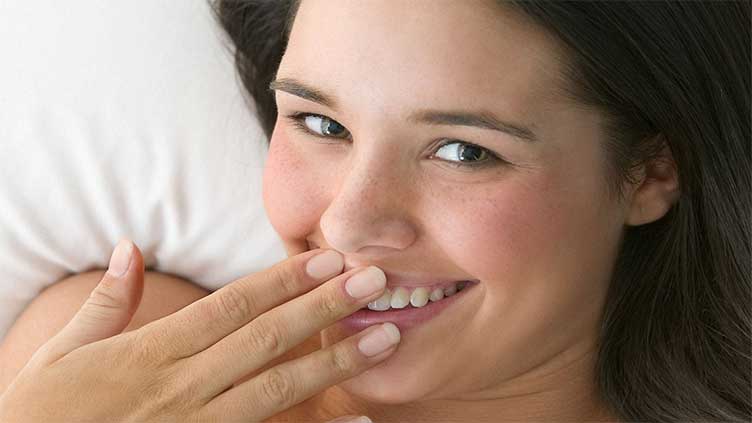Why do we blush? Let's know

Entertainment
Blushing can come simply from being exposed
(Web Desk) - Why do we blush? This question has been puzzling scientists for years and various studies have been conducted to decipher this emotional arousal of human beings.
Back in 1872, renowned British naturalist Charles Darwin described blushing as "the most peculiar and most human of all expressions".
Researchers at the University of Amsterdam thought of going a layer deeper and conducted experiments on mostly female young people aged between 16 and 20 to reveal the science behind this phenomenon.
There are majorly two theories behind blushing. One favoured by Darwin says our cheeks become red when we think about how we must look to other people or due to the fear of getting judged by other people.
The other theory doesn’t take other people's opinion into consideration and simply attributes blushing to the sense of feeling exposed.
So, which theory is more dominant and pervasive?
Dr Milica Nikolic, a psychologist and first author of the study, said, "Is it just being in the social situation where you are exposed and centre of attention, and you feel the exposure, and attention from others.”
“Or is it more complex and that we start thinking about how we look and appear to other people?”
STUDY
Each volunteer was invited to the lab and asked to perform karaoke on camera. They were made to sing songs like Let It Go, Adele’s Hello, Mariah Carey’s All I Want For Christmas Is You and All The Things She Said by t.A.T.u, which are comparatively harder to sing and supposed to embarrass them more.
After a few days, the volunteers were invited again to the lab and made to watch their performances while lying in a brain scanner.
All of the volunteers were shown all the videos at the same time. When volunteers were told that all of the people were watching their performance at the same time, this added to their embarrassment and made their cheeks hotter.
People blushed more while reacting to their videos compared to others.
“Blushing can come simply from being exposed,” said Nikolic. “In that very short moment, you maybe don’t think about how do I look and so on. I think it’s more automatic than the theory says.”


